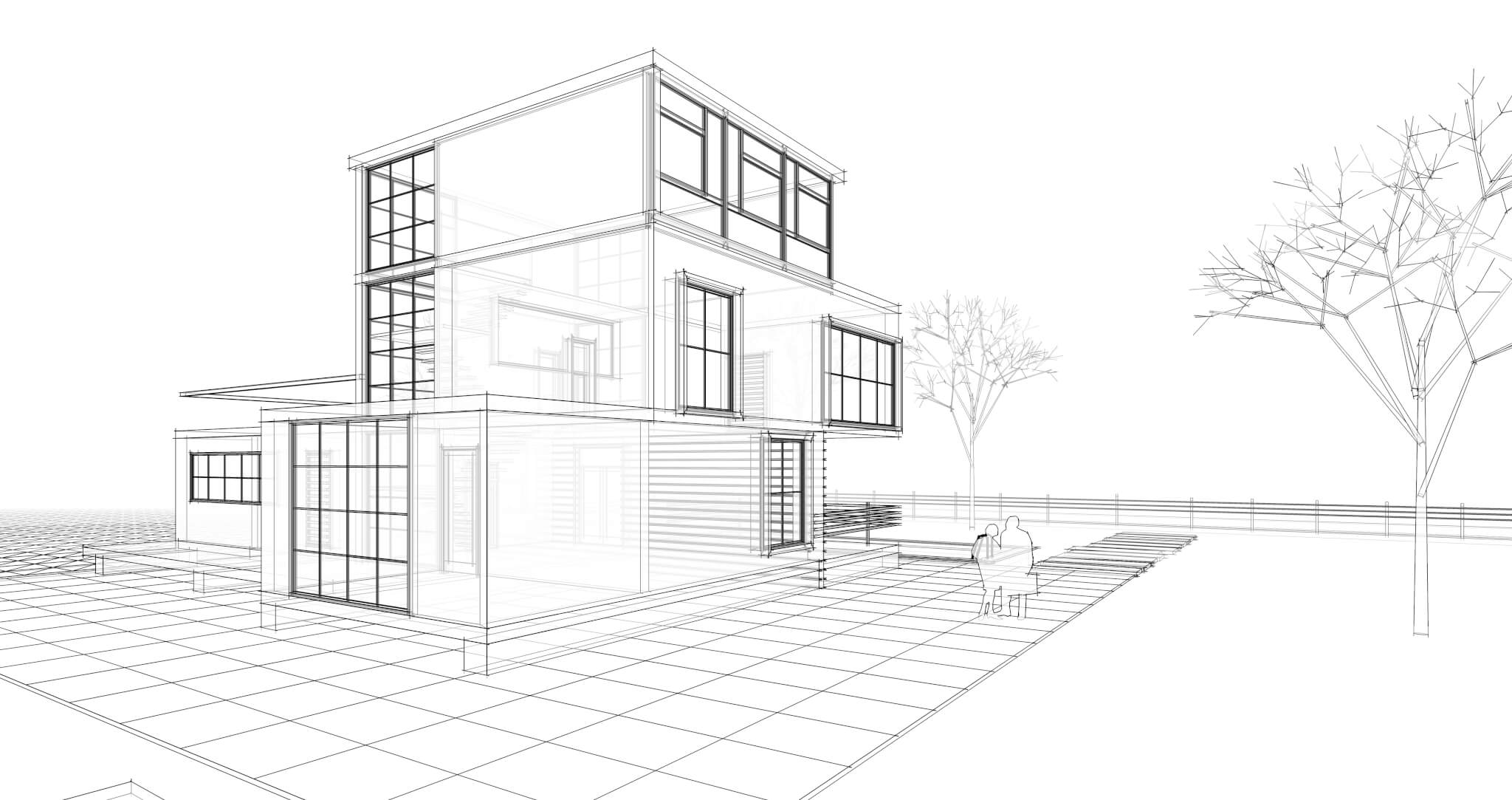By AIA Contract Documents

April 7, 2023
Projects that utilize modular construction, i.e., offsite construction of modules that are later transported onsite for assembly and installation, have many sustainable benefits. When compared to traditional stick-built projects, modular construction can bring efficient practices while simultaneously reducing impacts to the project site, as well as the surrounding area. In this article, we discuss a few ways in which the use of modular construction can promote sustainability in the construction sector.
Reduced Waste
Modular construction generates significantly less waste than traditional construction. This is because a significant portion of the project is built offsite in a manufacturing plant where excess materials can be recycled and reused. Unused materials are not thrown away, but rather, can be re-inventoried and stored at the manufacturing plant for future use on other projects.
Reusable Modules
At the end of a building’s lifecycle, modules can often be reused. Rather than employ traditional demolition, where building materials are tossed into landfills, modules may be disassembled, disconnected, and removed from the project site. The modules can often times be reused on other projects. This practice further reduces the need for new raw materials and energy to create a new building in its entirety.
Renewable Materials
Modular construction projects can use renewable green materials, such as recycled steel and bamboo, which have lower environmental impacts than traditional construction materials. Of course, the latter of these materials is grown naturally, thereby reducing the need for manufacturing or processing. Sustainable materials are renewable, recyclable, and emit less carbon than their traditional counterparts. Further, these materials are equally, if not more, versatile and durable as regularly used construction materials.
Transportation Efficiency
Modules are designed to be transported onsite in a short period of time, thereby reducing the need for ongoing transportation of materials, equipment, machinery, and laborers to the site throughout the duration of the project. By reducing the number of trips onsite, toxins, pollution, and emissions are typically lower than a traditional construction project.
Modular construction can be an excellent way to promote sustainable construction practices. This delivery method promotes the use of recycled and reusable materials, generates less waste, and employs sustainable transportation practices. As sustainable construction continues to be a vital need, modular construction can be a great choice for both commercial and residential projects. By adopting sustainable practices, the construction industry can reduce its disruption to the environment.
Working on a sustainable project? AIA Document E204-2017 Sustainable Projects Exhibit, has been developed for use on a wide variety of sustainable projects, including those in which the Sustainable Objective includes obtaining a Sustainability Certification, such as LEED® (Leadership in Energy and Environmental Design), or those in which the Sustainable Objective is based on incorporation of performance-based sustainable design or construction elements. E204–2017 addresses the risks, responsibilities and opportunities unique to projects involving substantial elements of sustainable design and construction (sustainable projects).
AIA Contract Documents has provided this article for general informational purposes only. The information provided is not legal opinion or legal advice and does not create an attorney-client relationship of any kind. This article is also not intended to provide guidance as to how project parties should interpret their specific contracts or resolve contract disputes, as those decisions will need to be made in consultation with legal counsel, insurance counsel, and other professionals, and based upon a multitude of factors.